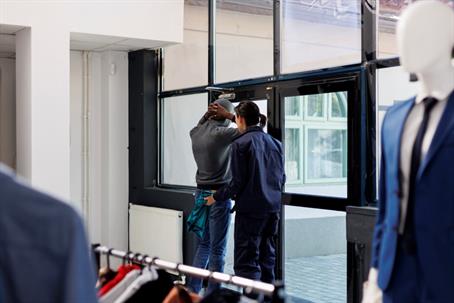False Imprisonment in California: Do Victims Have Civil Remedies?
False imprisonment is a serious legal issue in California that can result in both criminal penalties for the offender and civil compensation for the victim. If someone has unlawfully detained you without consent or legal justification, you may have the right to seek justice through the civil courts.
What Is False Imprisonment Under California Law?
In California, false imprisonment occurs when a person intentionally and unlawfully restrains, confines, or detains another individual against their will—without legal authority or consent. This type of claim is not limited to physical force; it can include threats, fraud, or psychological coercion.
Elements of a False Imprisonment Claim in California
To bring a civil lawsuit for false imprisonment in California, the following five elements must generally be established:
- Intentional Deprivation of Freedom: The defendant must have intentionally confined or restrained the victim.
- Use of Force or Coercion: This may include threats, physical force, barriers, menace, deceit, or unreasonable duress.
- Lack of Consent: The victim did not voluntarily agree to the confinement.
- Actual Confinement or Detention: The victim was restricted in movement—even for a brief period.
- Harm and Causation: The victim suffered harm, and the defendant’s conduct was a substantial factor in causing it.
Common Examples of False Imprisonment in California
False imprisonment does not always look like a dramatic kidnapping scenario. Here are a few everyday examples that may qualify:
- A retail security guard detains a shopper without cause or evidence of theft.
- A rideshare or taxi driver refuses to let a passenger out of the vehicle despite their request.
- A caregiver locks an elderly patient in a room or restricts movement within a facility.
- A manager or supervisor threatens an employee with repercussions unless they remain confined in a room during a meeting.
Even brief detentions in public or private settings can constitute false imprisonment if they meet the criteria under California law. Another important issue is commonly referred to as “shopkeeper’s privilege.” A retail store such as Walmart or Target could argue that they detained a shopper because they had “reasonable grounds” to believe that the shopper wrongfully took merchandise. Even in such circumstances, the store still has an obligation to detain a person in a reasonable manner, for a reasonable amount of time.
What Civil Remedies Are Available to Victims in California?
While criminal prosecution may punish the wrongdoer, it does not directly help the victim recover for their damages. Fortunately, California civil courts allow victims of false imprisonment to file a personal injury lawsuit to recover monetary compensation, depending on the particular facts of their case. Claims for damages may include:
- Lost income or lost business opportunities
- Medical expenses
- Pain and suffering
- Emotional distress
- Damage to reputation
- Punitive damages
How the Law Offices of Ali Taheripour Can Help
At The Law Offices of Ali Taheripour, we understand the emotional and financial toll false imprisonment can take on victims and their families. Our legal team has over two decades of experience representing individuals in civil rights and personal injury cases throughout California.
We provide compassionate and strategic legal guidance, working to hold the responsible parties accountable and help victims recover the compensation they deserve. Whether your case involves a private or public entity, we can help you to assess and present your legal claim and advocate for your rights in and out of court. Contact the Law Offices of Ali Taheripour today for a consultation.

